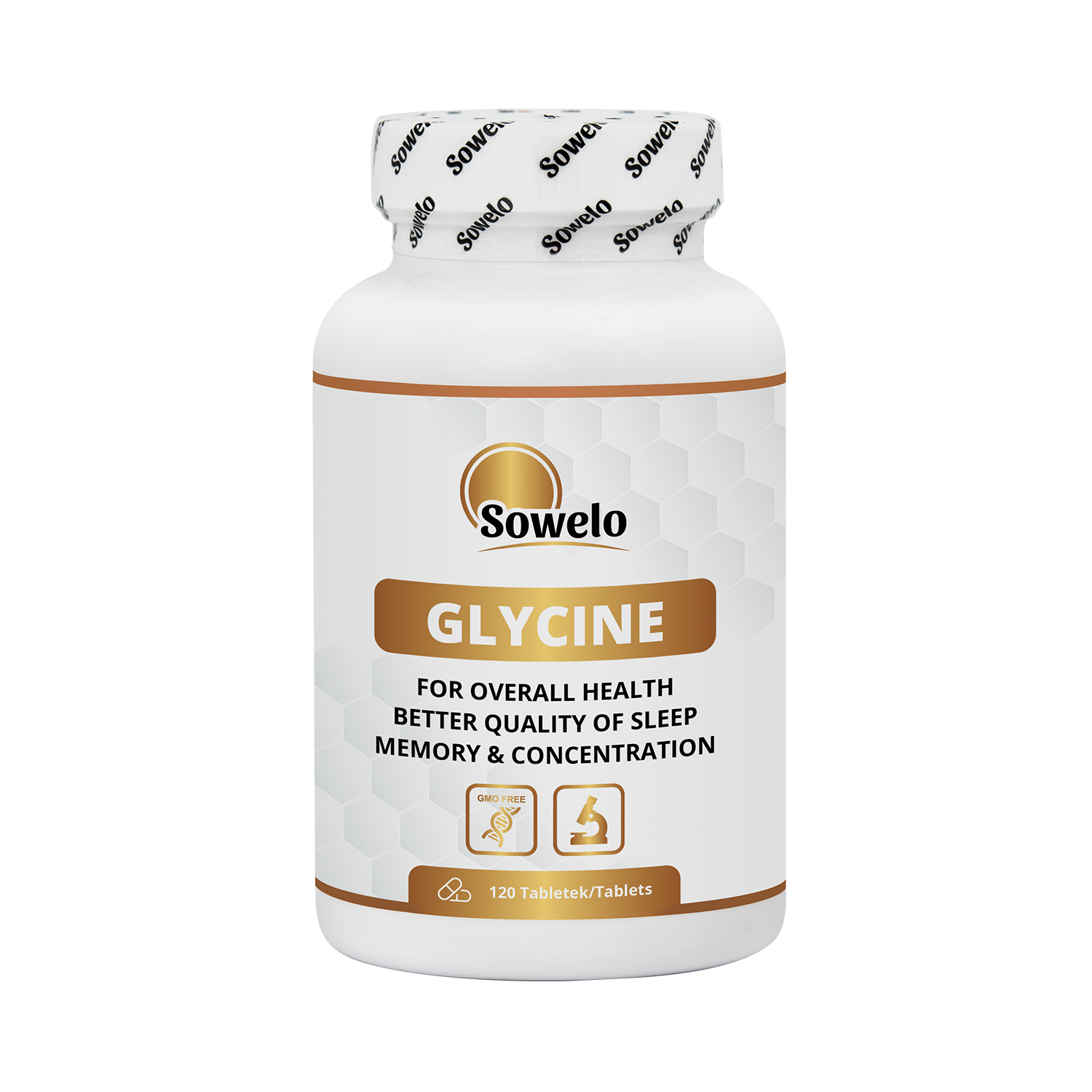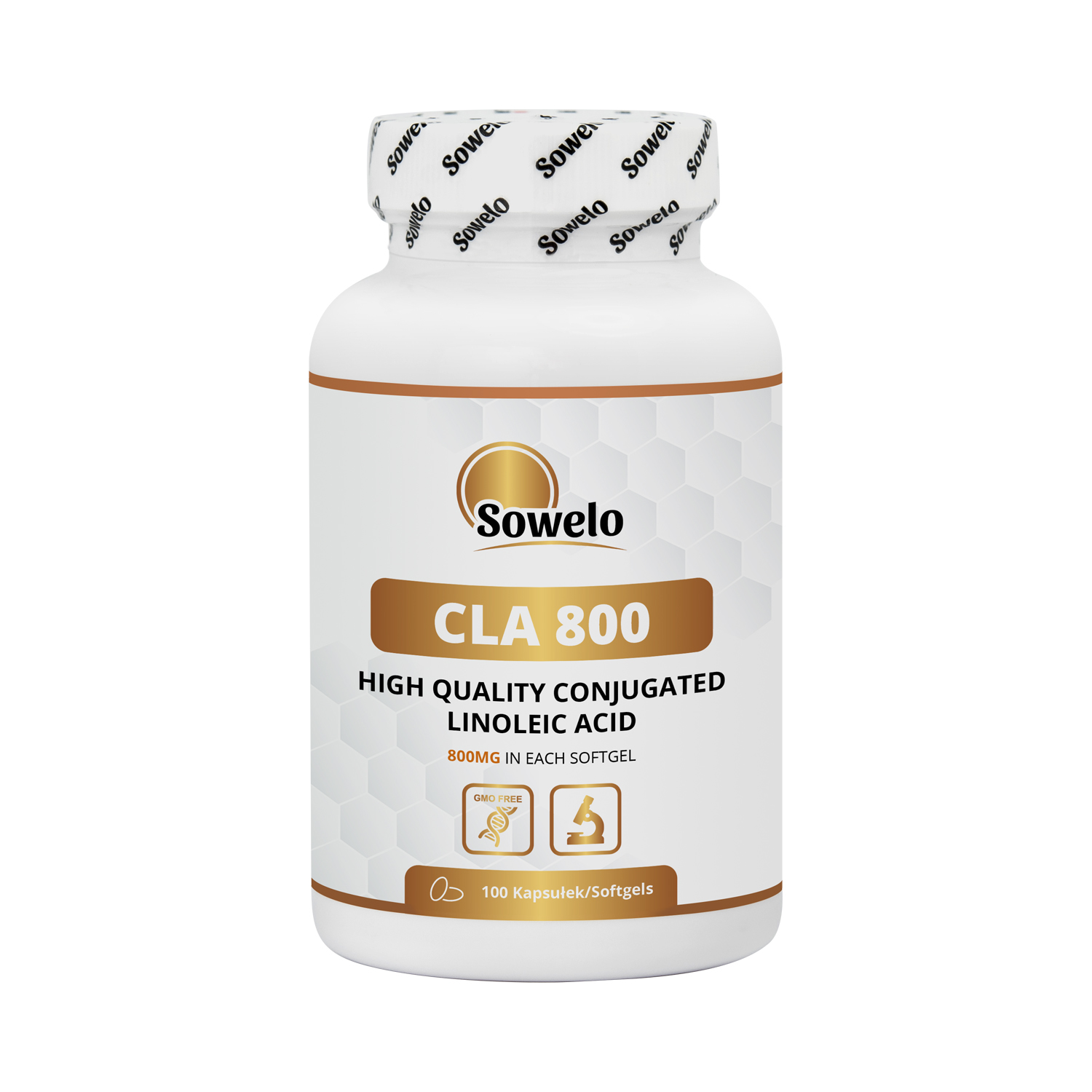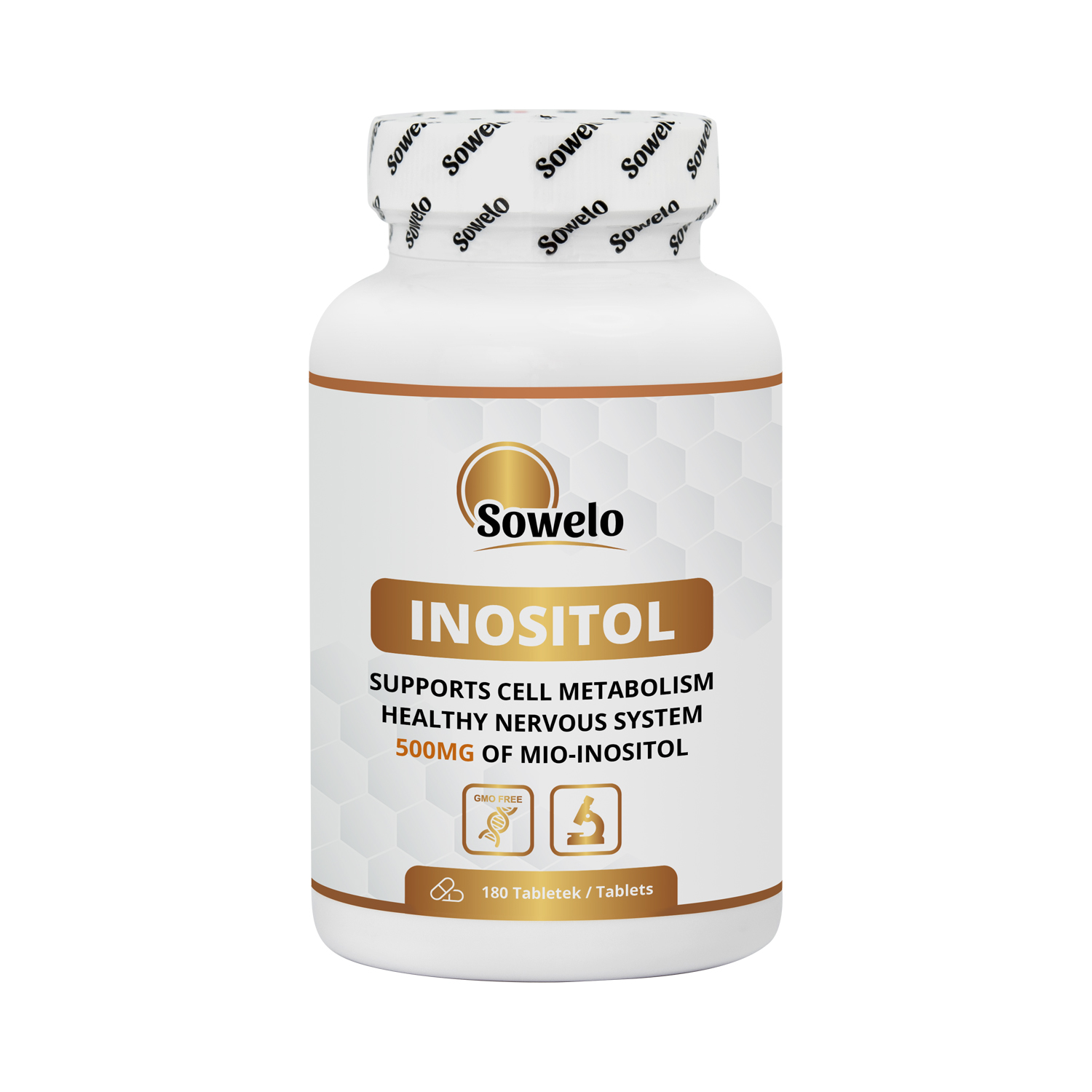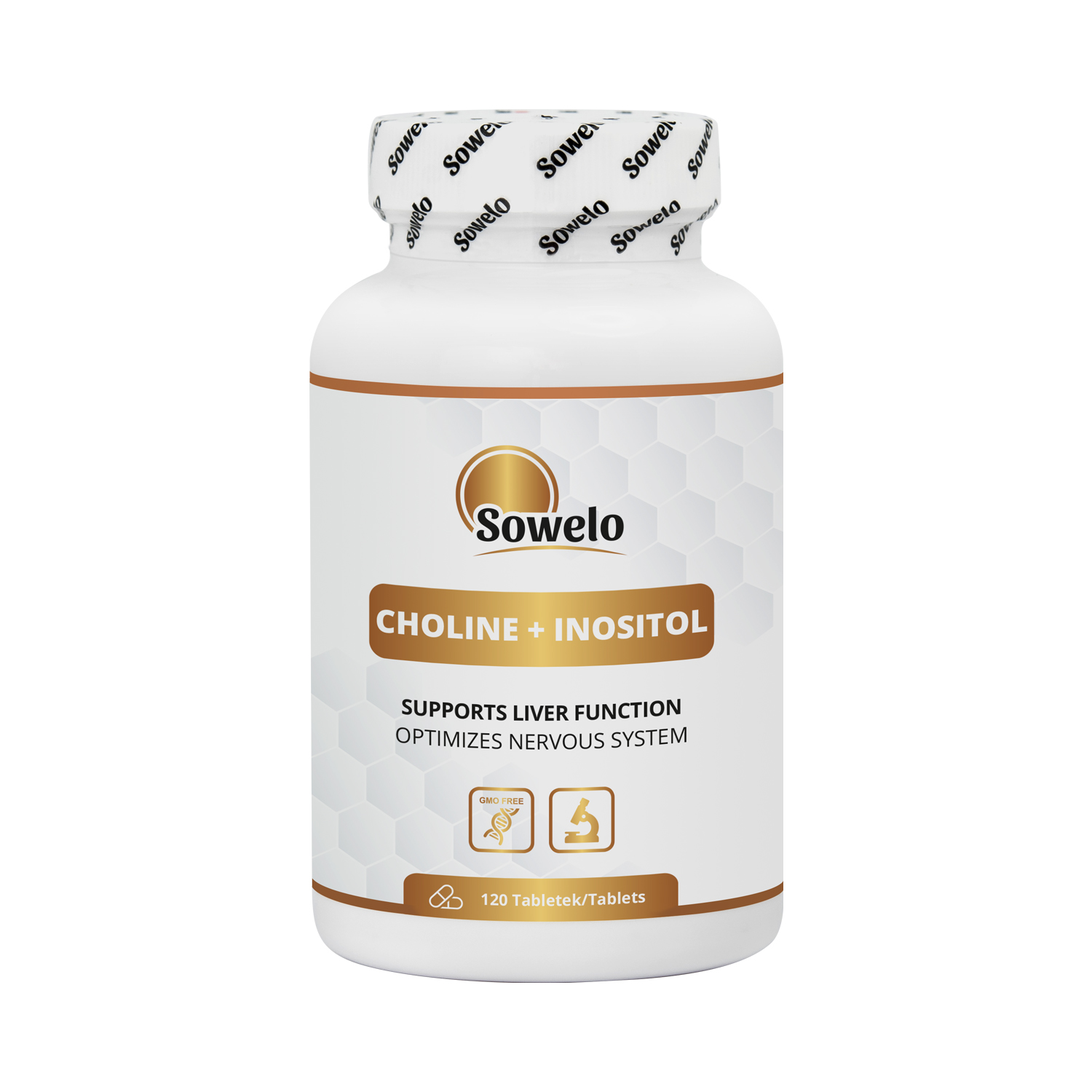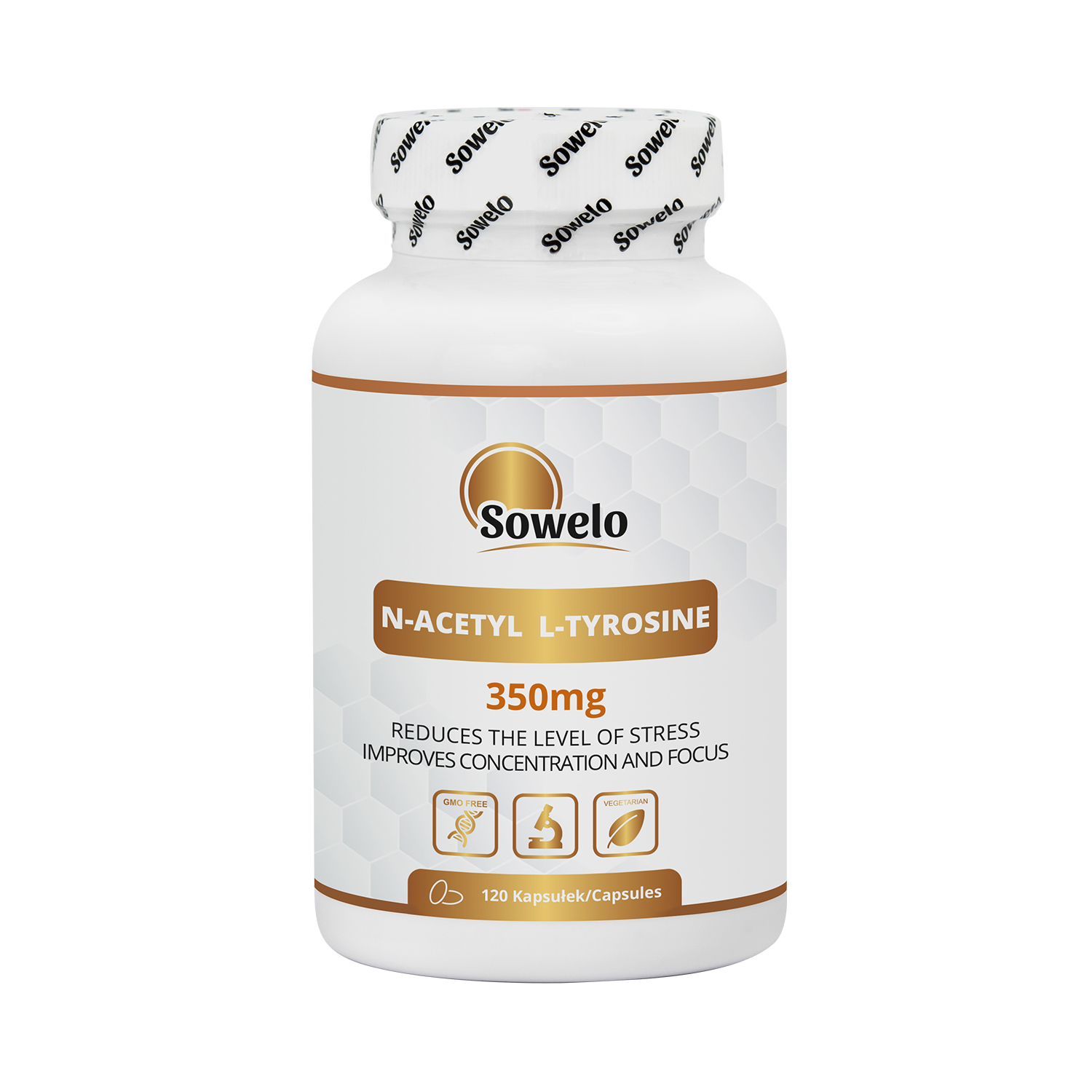Description
Glycine by Sowelo is an amino acid utilized by the body to build proteins necessary for growth, tissue maintenance, and the production of vital substances such as hormones and enzymes. It constitutes 11.5% of all amino acids in the human body.
Glycine has a calming effect on the brain, reducing tension, enhancing concentration, mood, and reducing anxiety. Additionally, it may aid in sleep by lowering body temperature. Studies on individuals with sleep issues have shown that taking 3 grams of this supplement before bed shortens sleep onset, improves sleep quality, reduces daytime sleepiness, and also enhances cognitive function.
Glycine is one of the three amino acids the body uses to produce glutathione, a potent antioxidant that helps protect cells from oxidative damage caused by free radicals, which are believed to be the cause of many diseases. It comprises about 7 percent of the acids, apart from collagen and it is a hair nutrient. It has protective properties and reinforces the effect of glutamate in the brain.
This acid is also one of the three amino acids the body uses to create a compound called creatine. Creatine provides energy to muscles for performing quick and short bursts of activity.
Glycine also aids in:
- Kidney and heart failure,
- Joint inflammation,
- Diabetes,
- Sleep disorders,
- Sleep ulcers,
- Stimulating growth hormone secretion,
- Constant fatigue feeling,
- Reduction of inflammation,
- Stabilizing blood sugar levels,
- Regulation of the immune system.
Glycine builds 3/4 of the collagen available in our bodies. Collagen provides strength and elasticity to muscles, nourishes the skin, joint surfaces, bones, and ligaments.
The human body cannot produce glycine on its own. Typically, insufficient glycine in the body is due to a protein-poor diet or medical conditions. This amino acid can be supplemented with the help of supplements. Its deficiencies can also lead to the development of metabolic disorders and disrupt the functioning of the nervous and brain systems. Its deficiency may also manifest in individuals following a vegan, vegetarian, or protein-poor diet.

